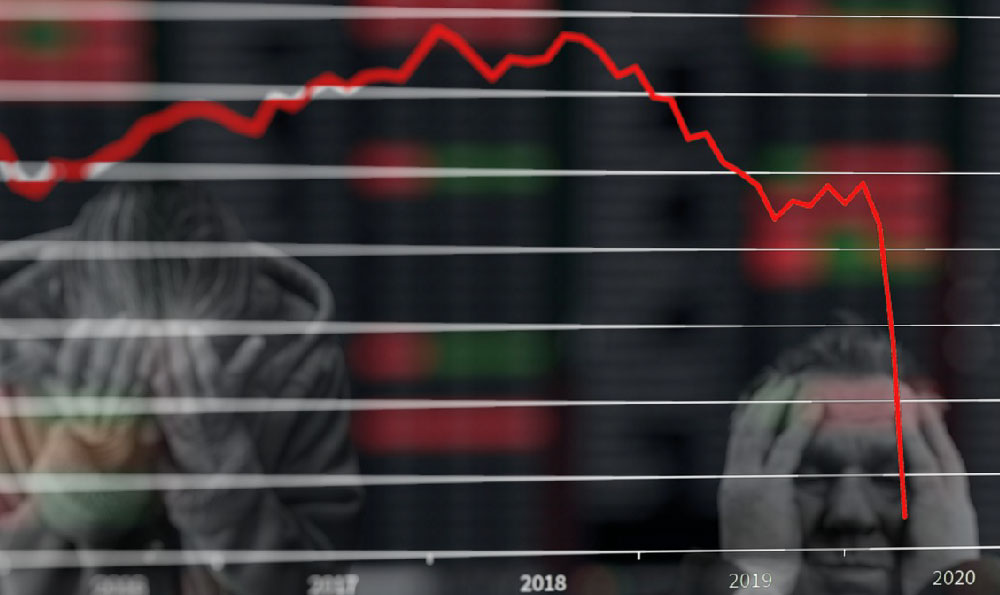Okay, I understand. Here's an article based on the title you provided, aiming for 800+ words, avoiding a rigid point-by-point structure, and refraining from using "firstly," "secondly," etc. It will be in English:
Investing in the Indian Share Market: Navigating the Terrain
The Indian share market, a dynamic and rapidly evolving landscape, presents a compelling opportunity for investors seeking high growth potential. Its allure stems from India's burgeoning economy, a large and increasingly affluent consumer base, and a vibrant entrepreneurial ecosystem. However, entering this market requires careful consideration, a well-defined strategy, and a realistic understanding of the inherent risks and rewards. This article explores the critical aspects of investing in the Indian share market, helping you determine if it aligns with your financial goals and risk tolerance and guiding you toward a successful investment journey.

Before diving into the specifics, it's crucial to acknowledge the fundamental principle of investment: there's no guaranteed path to wealth. All investments carry risk, and the Indian share market is no exception. Market volatility, economic downturns, regulatory changes, and company-specific factors can all impact investment performance. Therefore, a thorough understanding of these risks is paramount before committing any capital.
One of the most critical initial steps is determining your investment objectives. Are you seeking long-term capital appreciation for retirement, short-term gains, or a steady stream of income? Your investment horizon will heavily influence your investment strategy and the types of assets you choose. A younger investor with a longer time horizon might be more comfortable with higher-risk, high-growth stocks, while someone closer to retirement might prefer a more conservative approach with a greater allocation to fixed-income instruments.
Once your objectives are clear, it's time to assess your risk tolerance. How much are you willing to lose in exchange for the potential for higher returns? A conservative investor might prioritize capital preservation over maximizing returns, while an aggressive investor might be willing to accept greater volatility for the chance of substantial gains. Understanding your risk profile is essential for selecting investments that align with your comfort level and prevent you from making rash decisions during market downturns.
With these foundational elements in place, you can begin exploring the different avenues for investing in the Indian share market. One common approach is direct investment in individual stocks. This involves opening a Demat account (a dematerialized account for holding shares electronically) and a trading account with a registered brokerage firm. Through these accounts, you can buy and sell shares of publicly listed companies on the Bombay Stock Exchange (BSE) and the National Stock Exchange (NSE).
Direct stock investing requires significant research and analysis. You need to evaluate companies' financial performance, assess their competitive position, understand the industry dynamics, and monitor macroeconomic trends. While the potential for high returns exists, so does the risk of significant losses if your investment decisions are not well-informed. Fundamental analysis, which involves examining a company's financial statements and underlying business, and technical analysis, which uses charts and patterns to predict future price movements, are two common tools employed by stock investors.
For those who prefer a less hands-on approach, mutual funds offer a diversified investment option. Mutual funds pool money from multiple investors and invest it in a portfolio of stocks, bonds, or other assets. Professional fund managers make investment decisions on behalf of the investors, aiming to achieve specific investment objectives. Mutual funds offer diversification, which can help mitigate risk, and access to professional expertise. However, they also come with management fees and expenses, which can impact overall returns. There are various types of mutual funds available, including equity funds, debt funds, hybrid funds, and index funds, each with its own risk-return profile. Selecting the right mutual fund requires careful consideration of your investment objectives, risk tolerance, and the fund's track record, expense ratio, and investment strategy.
Another increasingly popular investment option is Exchange Traded Funds (ETFs). ETFs are similar to mutual funds but are traded on stock exchanges like individual stocks. They typically track a specific market index, sector, or commodity, offering a cost-effective way to gain diversified exposure to a particular market segment. ETFs generally have lower expense ratios than actively managed mutual funds and offer greater liquidity, as they can be bought and sold throughout the trading day.
Regardless of the chosen investment method, continuous monitoring and portfolio rebalancing are crucial for long-term success. Market conditions are constantly changing, and your investment portfolio needs to be adjusted accordingly. Regular portfolio reviews allow you to identify underperforming assets, reallocate capital to more promising opportunities, and ensure that your portfolio remains aligned with your investment objectives and risk tolerance. Rebalancing involves selling assets that have appreciated significantly and buying assets that have declined, helping to maintain your desired asset allocation and reduce risk.
Furthermore, it is imperative to stay informed about the Indian economy and regulatory landscape. Changes in government policies, interest rates, inflation, and global economic conditions can all have a significant impact on the share market. Following reputable financial news sources, attending industry events, and consulting with financial advisors can help you stay ahead of the curve and make informed investment decisions.
Finally, remember that investing is a long-term game. Avoid making emotional decisions based on short-term market fluctuations. Stay focused on your long-term goals, maintain a diversified portfolio, and rebalance regularly. Patience and discipline are key virtues for successful investing in the Indian share market. While the potential rewards are substantial, a measured and informed approach is essential for navigating the complexities and achieving your financial objectives. Investing in the Indian share market is not simply about chasing quick profits; it's about building long-term wealth through a strategic and disciplined approach.












